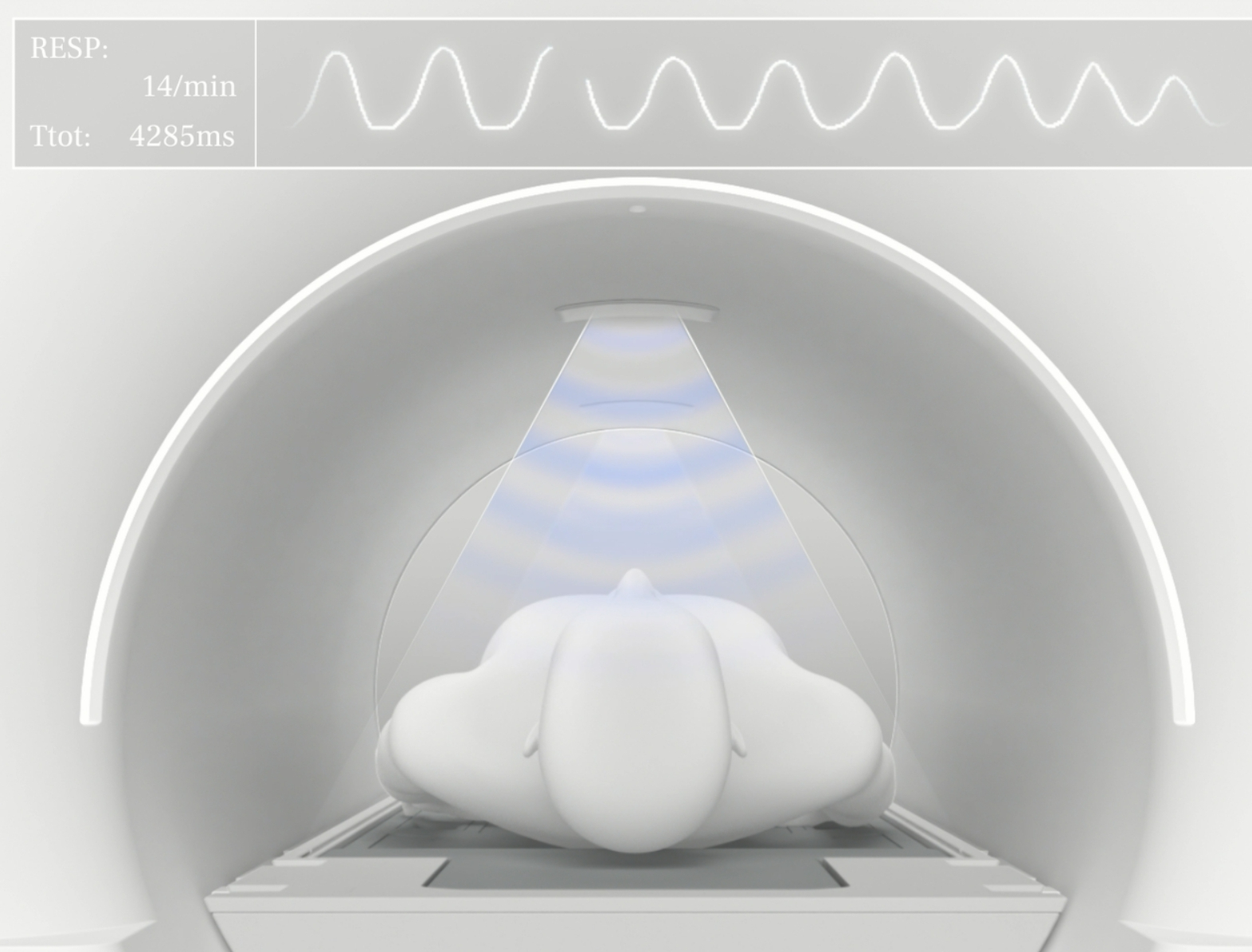Pituitary gland MRI – how long does an MRI scan take and how much does it cost?
The pituitary gland is a small, pea-sized gland that plays a key role in regulating most hormonal processes in the body, including growth, metabolism and reproductive functions. Pituitary function abnormalities can result in a number of serious disorders that may significantly affect quality of life.
Advanced diagnostic methods such as magnetic resonance imaging (MRI) allow accurate assessment of both the anatomic features of the pituitary gland and its potential lesions. Early detection and accurate diagnosis of pathological conditions of this gland can allow appropriate treatment to be rapidly implemented, minimising the risk of long-term health complications and improving the patient’s prognosis.
Indications for pituitary gland MRI
MRI is invaluable in diagnosing diseases such as acromegaly, which involves excessive growth hormone production, and Cushing’s disease, which results from excessive cortisol production. Both these diseases can have serious health complications, so their early diagnosis is crucial for effective treatment. In addition, MRI scans are indicated in the following cases:
- suspected pituitary tumours – benign tumours can affect the production of hormones, leading to various endocrine disorders, such as hyperprolactinemia or pituitary hyperfunction. These changes can result in symptoms such as fatigue, decreased libido or even osteoporosis, depending on the type of hormone whose production is disrupted by the tumour;
- vision disturbances – the pituitary gland is located in close proximity to the optic chiasm where the optic nerves cross. Pituitary gland enlargement or tumour can put pressure on these structures, causing headaches, visual field disturbances and even blindness if no timely medical intervention is undertaken.
- infertility and menstrual disorders – as a key gland that regulates reproductive hormones, the pituitary gland plays an important role in managing hormones such as FSH and LH, which are essential for proper gonad functioning. Pituitary dysfunction can result in menstrual irregularity, ovulation issues and, ultimately, infertility.
Accurate diagnosis makes is possible to start appropriate therapy earlier, significantly increasing the chances of successful treatment and improving the patients’ quality of life.
Contraindications to the examination
As with other types of MRI scans, the main contraindications are:
- the presence in the patient’s body of metal implants such as pacemakers, cochlear implants or certain types of vascular clips, which can interfere with the magnetic field.
- claustrophobia – patients who are uncomfortable with enclosed spaces may need sedatives before the examination.
- early pregnancy – although MRI is generally considered safe, it is recommended that this examination be avoided during the first trimester of pregnancy.
Preparing for an MRI scan
Before undergoing pituitary gland MRI, patients should:
- inform the medical staff of any implants they have that may affect the safety of the examination;
- make transportation arrangements – patients may feel slightly disoriented immediately after the examination, especially if they have been sedated;
- follow the doctor’s advice – in some cases, the doctor may recommend a special diet or ask the patient to temporarily stop taking certain medications.
Course of the examination
Pituitary MRI is a relatively quick and effective procedure that usually takes 15 to 30 minutes. During the examination, the patient is placed on a moving table that gently slides inside the MRI scanner, which is a large cylindrical device. To ensure the highest possible image quality, the patient must remain motionless throughout the procedure.
In order to obtain more detailed images of pituitary structures, a contrast agent is often administered intravenously just before or during the examination. The contrast agent makes it easier to distinguish different tissue structures, which is crucial for accurately identifying any abnormalities such as tumours or vascular lesions. However, before administering a contrast agent, the doctor always evaluates whether this is safe for the patient, taking into account factors such as the patient’s renal function and possible allergies.
In patients with claustrophobia or those who may have difficulty remaining still in one position, sedatives may be used. However, this should be discussed in advance with the attending physician or the technician performing the examination.
Examination price
The cost of a pituitary MRI scan can vary widely depending on the region, facility, and whether a contrast agent is used or not. On average, prices range from PLN 300 to 650. The examination can also be reimbursed by the National Health Service if the patient has a referral from a doctor, but many people choose to have it done privately because of long waiting times.
*ATTENTION! The information contained in this article is for informational purposes and is not a substitute for professional medical advice. Each case should be evaluated individually by a doctor. Consult with him or her before making any health decisions.


